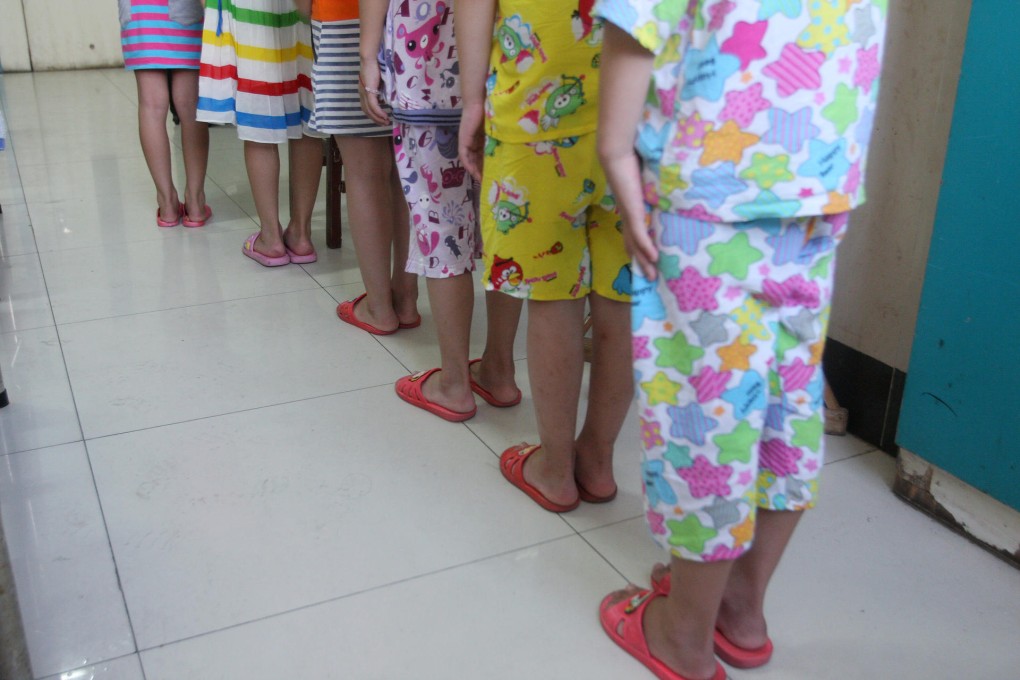Left behind and sexually abused: the peril of China's migrant children
Molestation of Jiangxi girls highlights peril faced by millions of migrants' children left to fend for themselves as their parents seek work in richer areas

Six schoolgirls molested and given sexually transmitted diseases by their teacher in Jiangxi say they only want two things: They want to see their mums. And they want the man responsible for their suffering sent away so he cannot hurt anyone ever again.
Those two things are "most beautiful things" they can imagine, they say.
All six are "left-behind children" who have been cared for by their grandparents since infancy while their parents work in more affluent coastal cities, earning roughly three times what they could make back home.
The incident has shocked the nation and served as a wake-up call about child sex abuse in the country, particularly involving left-behind children.
"Left-behind children are psychologically disturbed to begin with, even without having to bear the burden of sexual abuse," said Dr Lin Xiuyun , an associate professor of psychology at Beijing Normal University. "They face a much tougher road to recovery than regular kids.
"The traumatic impact is worse, as they are often neglected and lack parental love. They tend to develop trust and intimacy issues and often lack a sense of security."